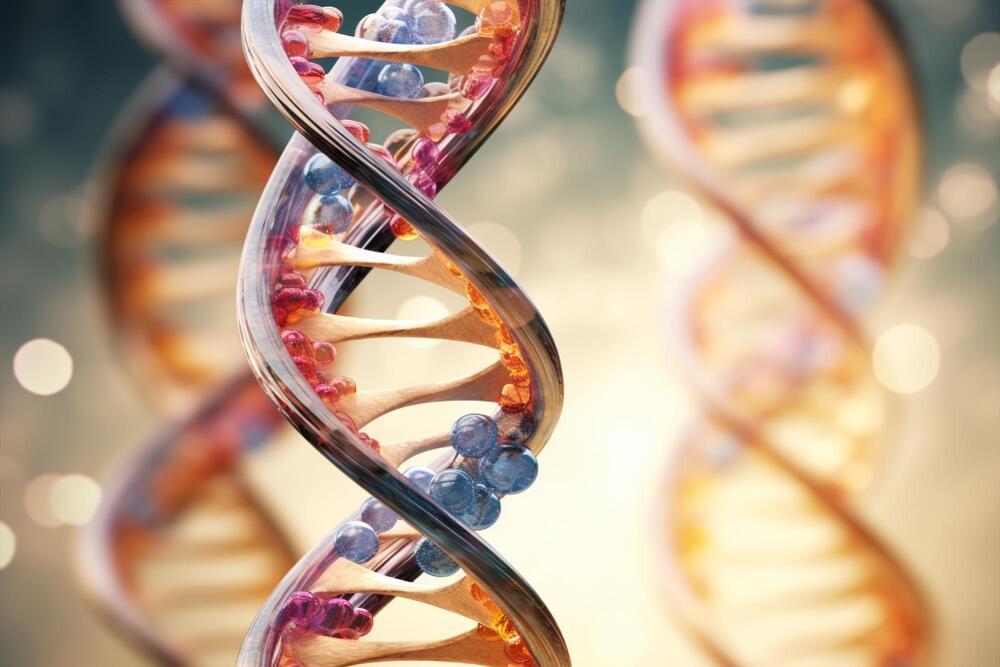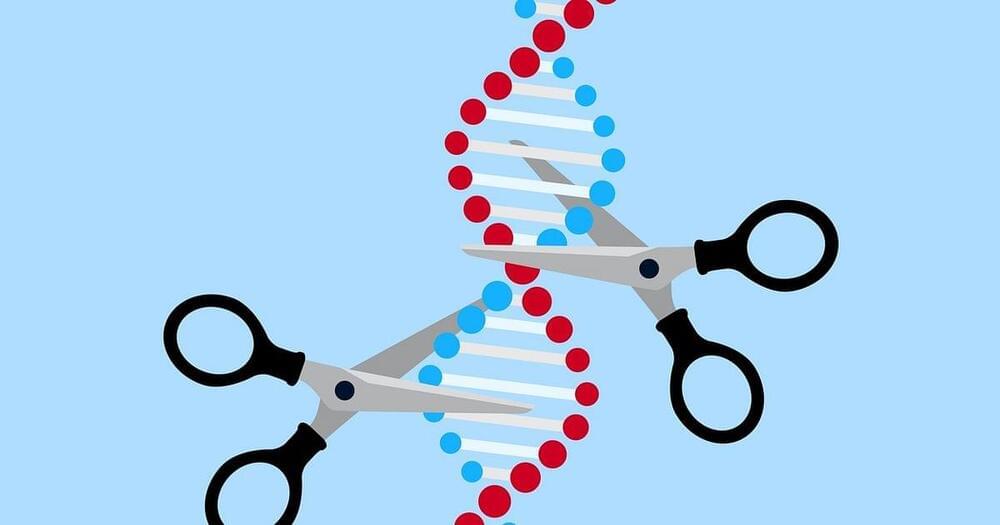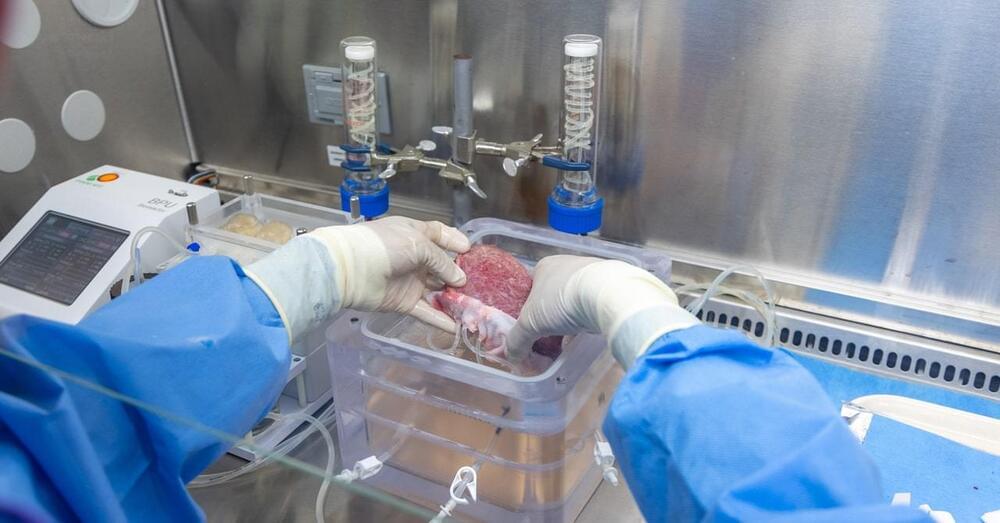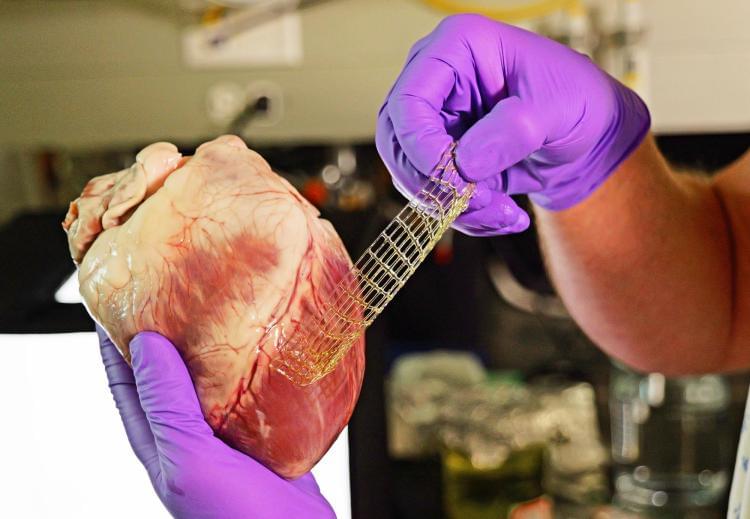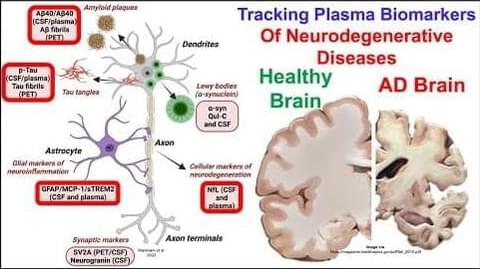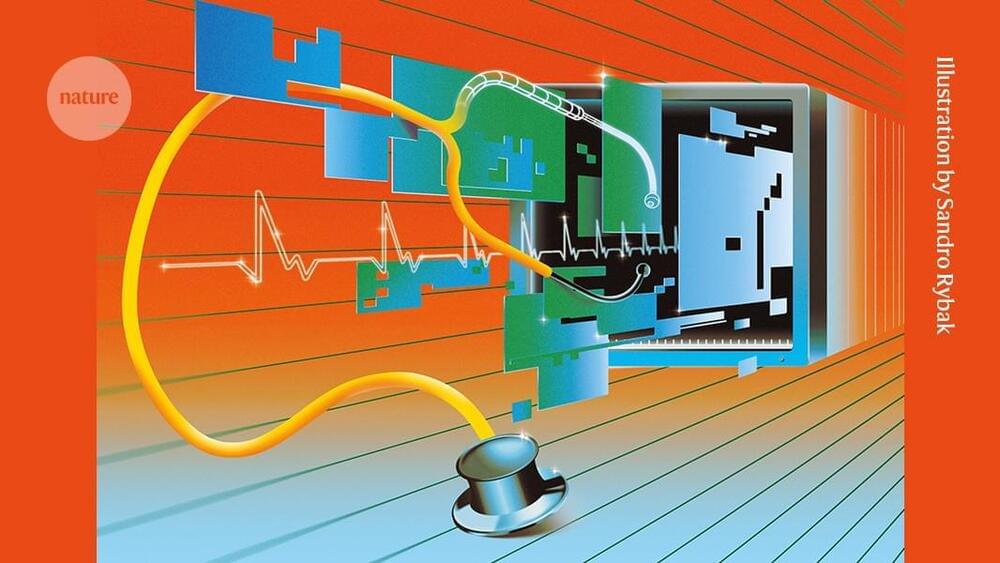Aug 25, 2024
Scientists Have Discovered Strange DNA in Our Brains — and It Could Be Shortening Our Lives
Posted by Dan Breeden in categories: biotech/medical, health, neuroscience
Mitochondria in brain cells frequently insert their DNA into the nucleus, potentially impacting lifespan, as those with more insertions were found to die earlier. Stress appears to accelerate this process, suggesting a new way mitochondria influence health beyond energy production.
As direct descendants of ancient bacteria, mitochondria have always been a little alien. Now a study shows that mitochondria are possibly even stranger than we thought.
Mitochondria in our brain cells frequently fling their DNA into the nucleus, the study found, where the DNA becomes integrated into the cells’ chromosomes. And these insertions may be causing harm: Among the study’s nearly 1,200 participants, those with more mitochondrial DNA insertions in their brain cells were more likely to die earlier than those with fewer insertions.
